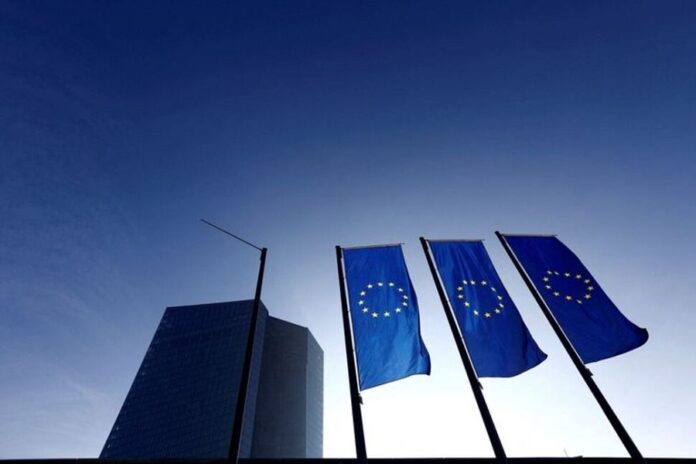The European Central Bank (ECB) will pull the plug on years of stimulus on Thursday and signal a string of rate hikes to fight surging inflation, leaving markets only to guess the size and speed of policy tightening, according to Reuters.
With inflation at a record-high 8.1% and broadening quickly, the ECB has already flagged a series of moves, hoping to stop rapid price growth from morphing into a hard-to-break wage-price spiral.
Details remain elusive, however, as predicting inflation has proven impossible, suggesting the ECB will only signal its initial steps on Thursday and maintain plenty of discretion further down the line.
What appears certain is that the ECB will end its long-running Asset Purchase Programme at the end of this month, promise a rate hike on July 21 and signal that the deposit rate will be out of negative territory sometime in the third quarter.
Everything else, including the size of the initial rate increase from minus 0.5%, is likely to be left open, with ECB chief Christine Lagarde emphasizing flexibility and optionality.
While the ECB’s own chief economist has signalled a preference for 25-basis-point hikes, inflation is rising so quickly sentiment could easily change over the next six weeks.
Already, several policymakers have said that a bigger increase needs to remain in play as inflation expectations were at risk of „de-anchoring”, central banks-speak for when businesses and households lose trust in the bank’s willingness to rein in prices.
Supporting their case, new economic projections from the ECB could indicate that inflation across the 19 countries that use the euro holds above the 2% target through 2024, pointing to four straight years of overshooting.
Markets are pricing in 139 basis points of rate hikes by the end of this year, or an increase at every meeting from July, with some of the moves in excess of 25 basis points. They are also anticipating a combined 230 basis point of moves by the end of 2023.
That leaves the ECB in a tricky position, just months after Lagarde said that a rate hike this year was highly unlikely.
The ECB’s first rate hike in over a decade would still leave it trailing most of its global peers, including the U.S. Federal Reserve and the Bank of England, which have been raising aggressively and promising even more action.


